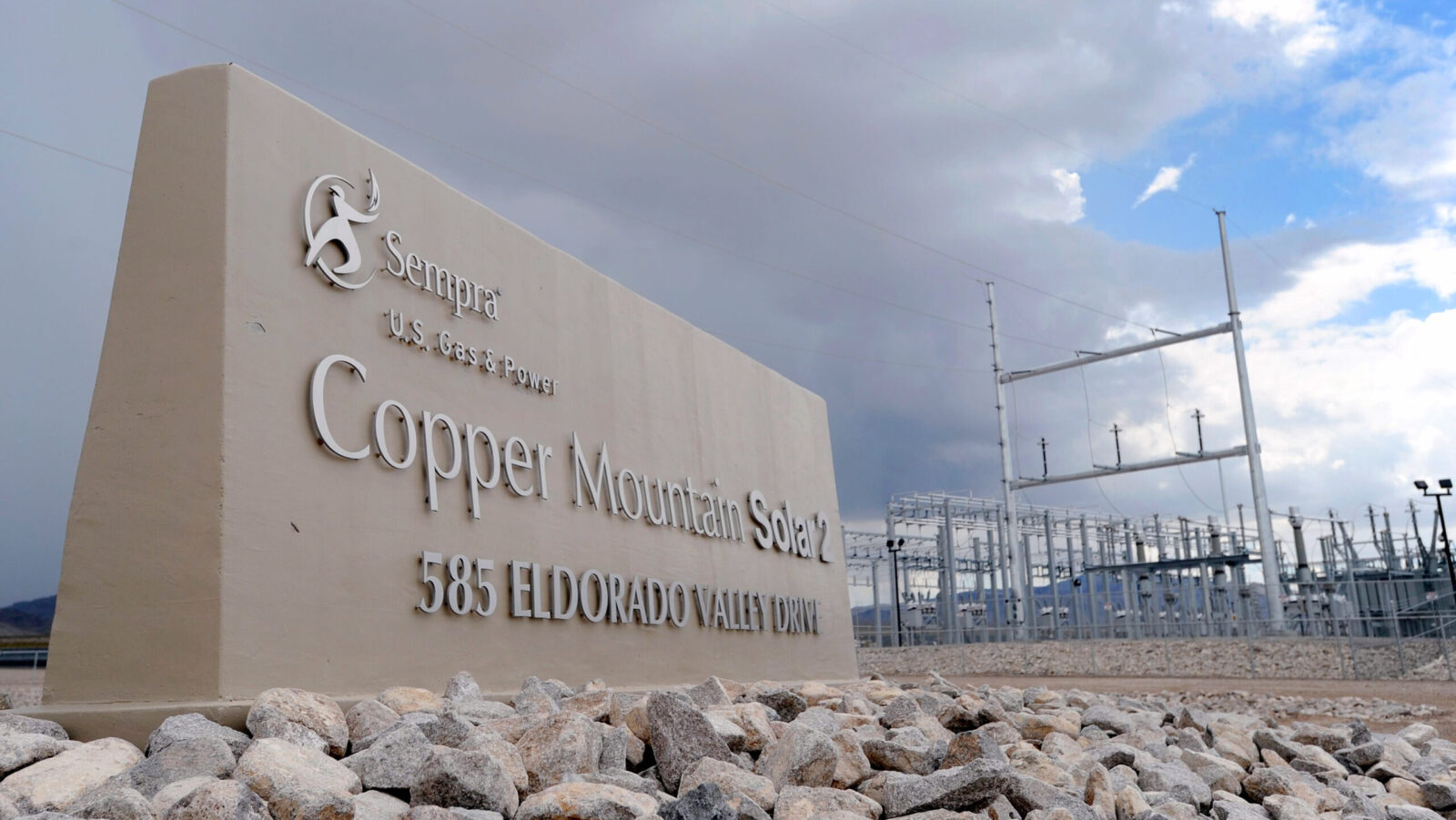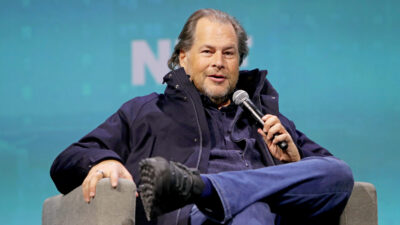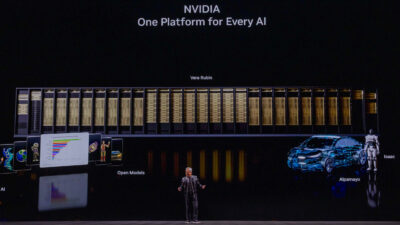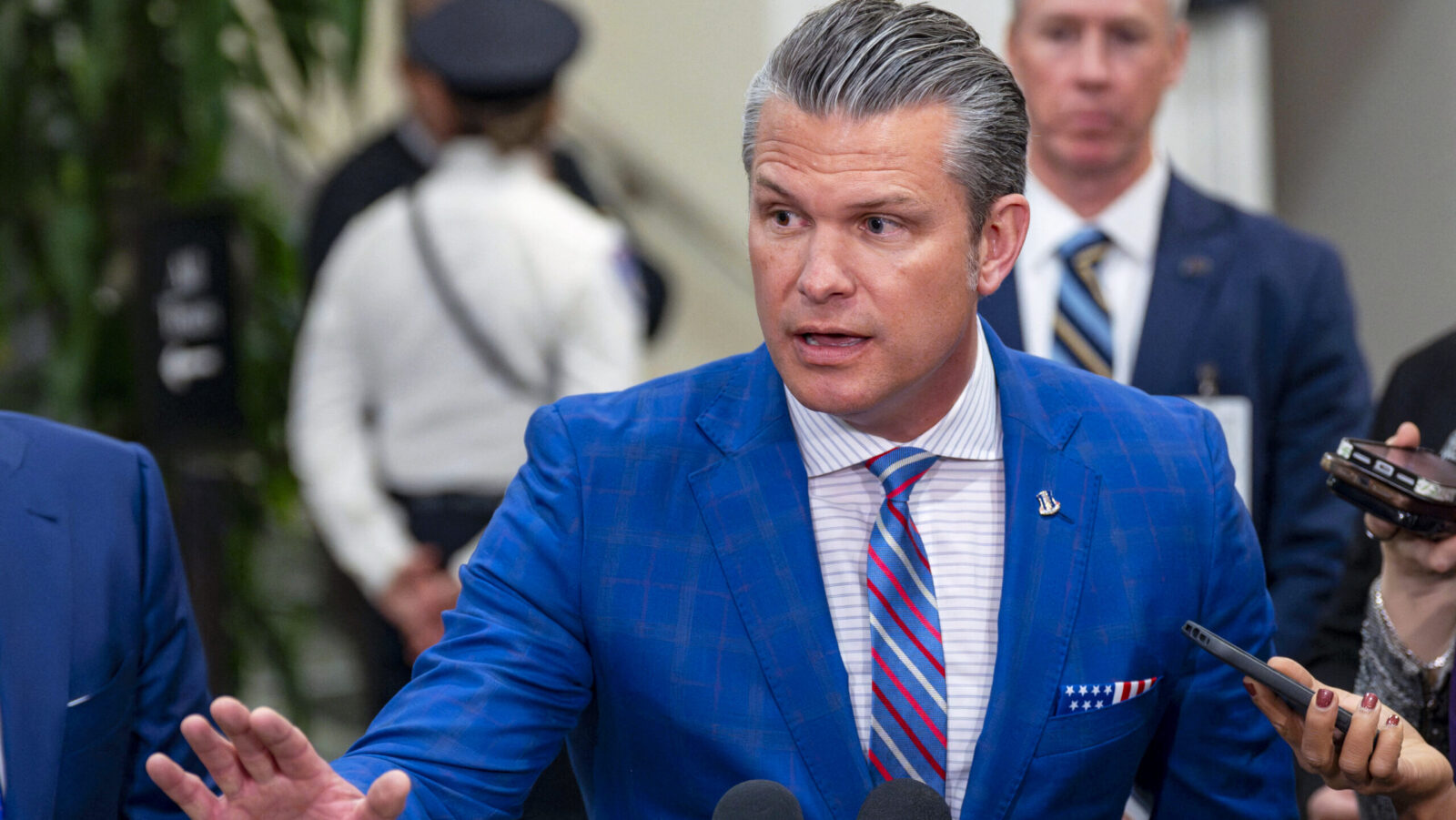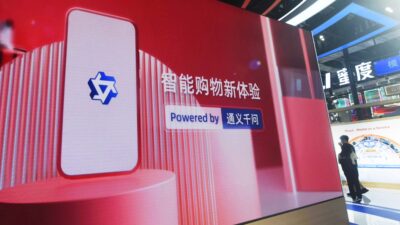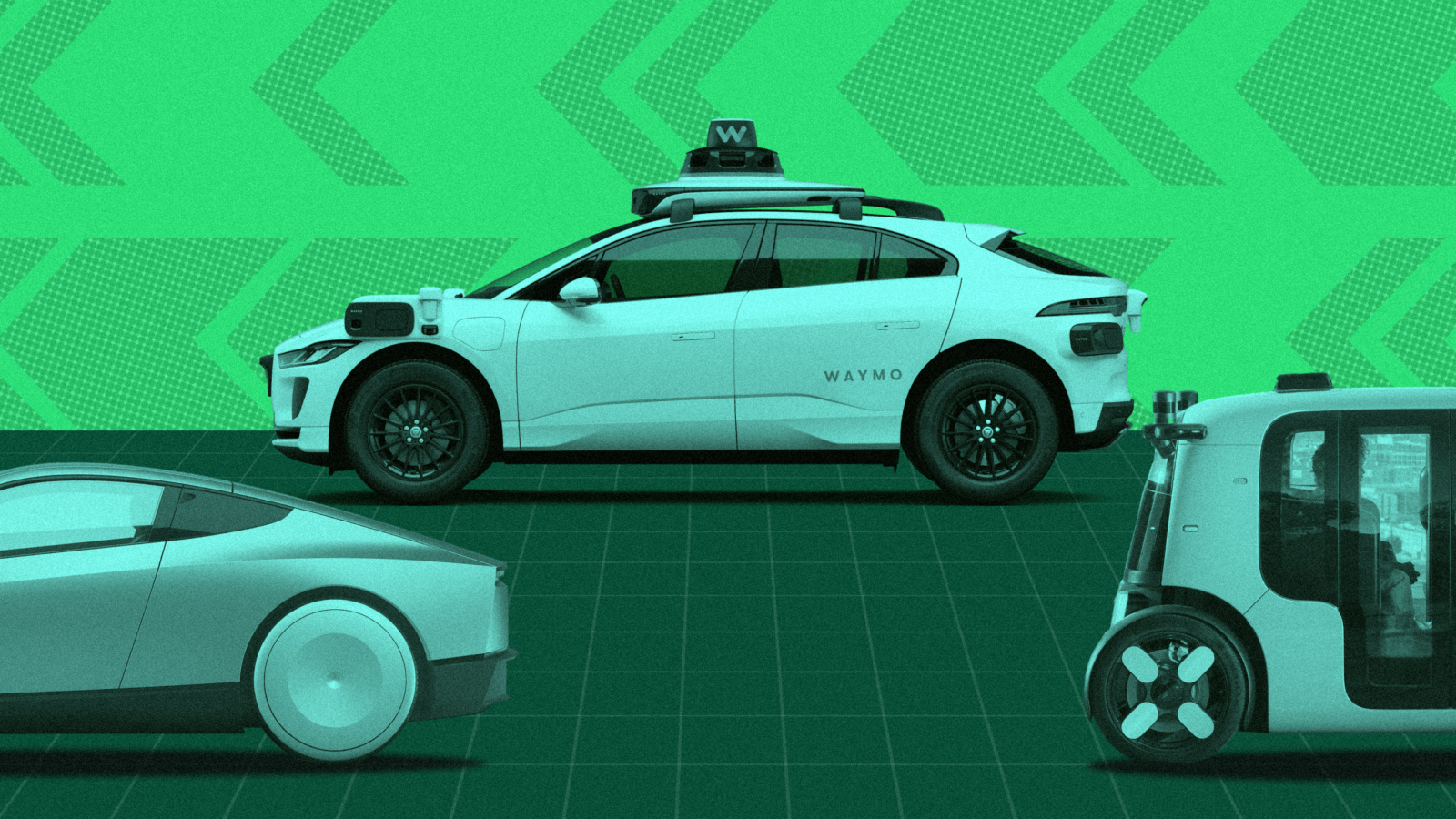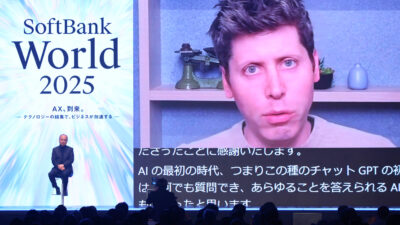AI Wrestles Jobs from Gen Z Workers
Customer service agents, receptionists, and translators saw sizable drop-offs as more companies tapped agentic AI.
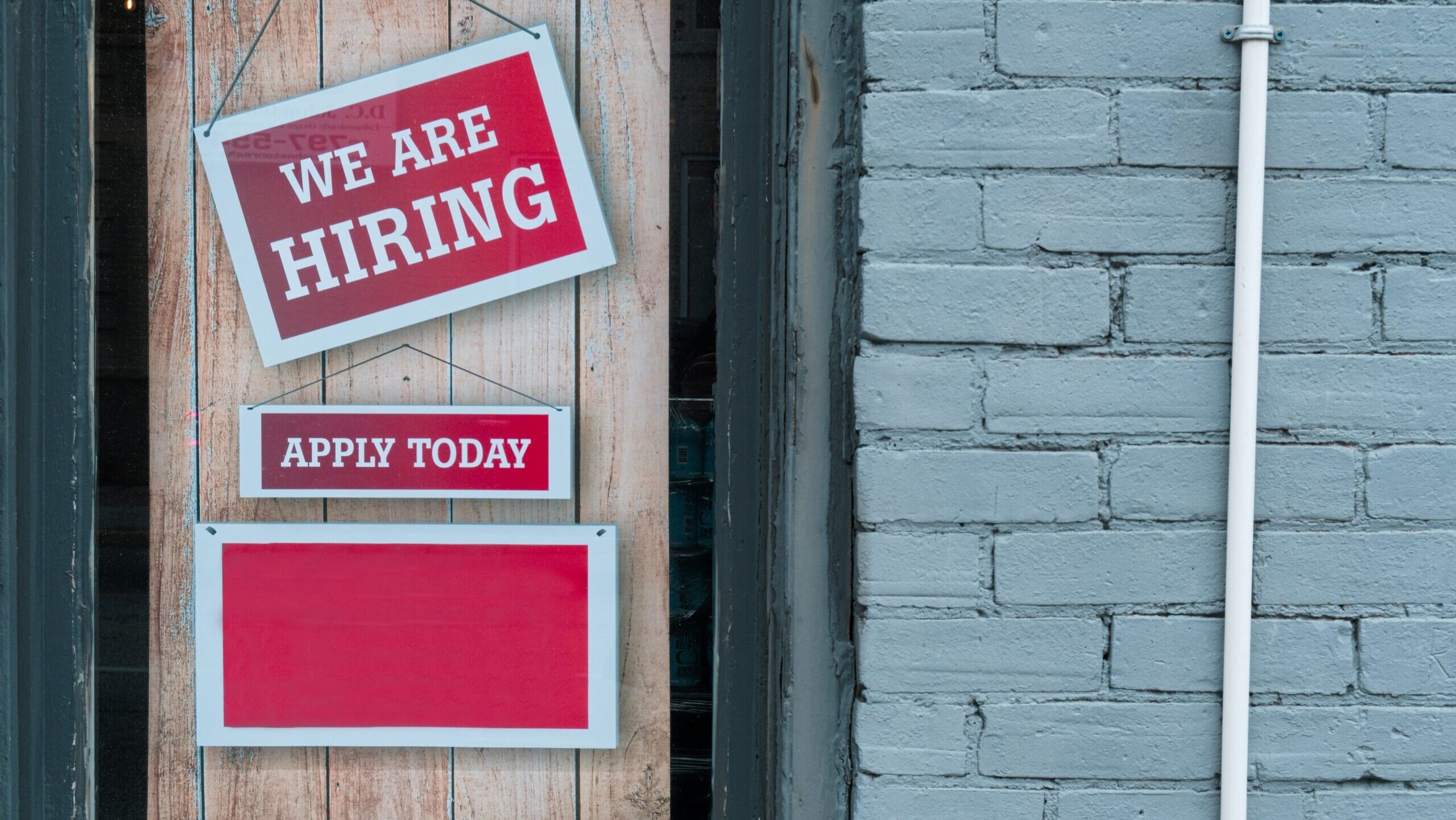
Sign up for smart news, insights, and analysis on the biggest financial stories of the day.
Anything Gen Z can do, AI can do better … well, actually, only some things. A new Stanford study found that AI is stealing jobs, but only ones that are lower on the career ladder and only in certain fields.
By analyzing ADP payroll data from 2022 (when ChatGPT came on the scene) to this year, Stanford researchers found that employment of 22- to 25-year-olds in AI-exposed fields fell 13%. In line with previous predictions, software developers were hit hard, with the headcount of early-career coders dropping nearly 20% from 2022 to last month. Customer service agents, receptionists and translators also saw sizable drop-offs as more companies tapped agentic AI.
AI’s the New Intern
The impact of AI on unemployment is uneven, Stanford found. In software development, employment for 26- to 30-year-olds has remained flat since the launch of ChatGPT. For older coders, employment actually rose. That could be because AI can’t yet substitute for accumulated knowledge and the unique experiences (tips, tricks, awkward happy hours) gained by individual workers.
In other words, AI still needs a boss:
- AI’s getting better at performing simple tasks — in software engineering, that can mean migrating lines of code or spotting bugs. But AI is still prone to errors, or hallucinations, that human higher-ups have to fix.
- Plus, more experienced software engineers do more than just code — like having meetings with coworkers and clients that inform their work. MIT researchers separately found that AI, which is largely trained on publicly available code, struggled to tailor its output to specific companies’ needs.
Missing Rung: The number of Americans filing for unemployment benefits fell last week, in another sign that fears of an AI takeover may be overblown. Instead, for most workers, Stanford’s researchers said AI can take over the kind of tasks typically done by an intern watching “Survivor” reruns on their second screen. But firing the intern today could hurt companies in the long run (just ask Target), since early-career employees can’t rack up five years of experience if no one’s hiring. Tech companies could lose out on future talent, too, as fearful job-seekers switch to AI-resistant industries like construction and healthcare. Instead, Stanford’s researchers suggested that companies may need to reconsider how early-career hires are trained, with the ultimate goal of AI augmenting human work.
